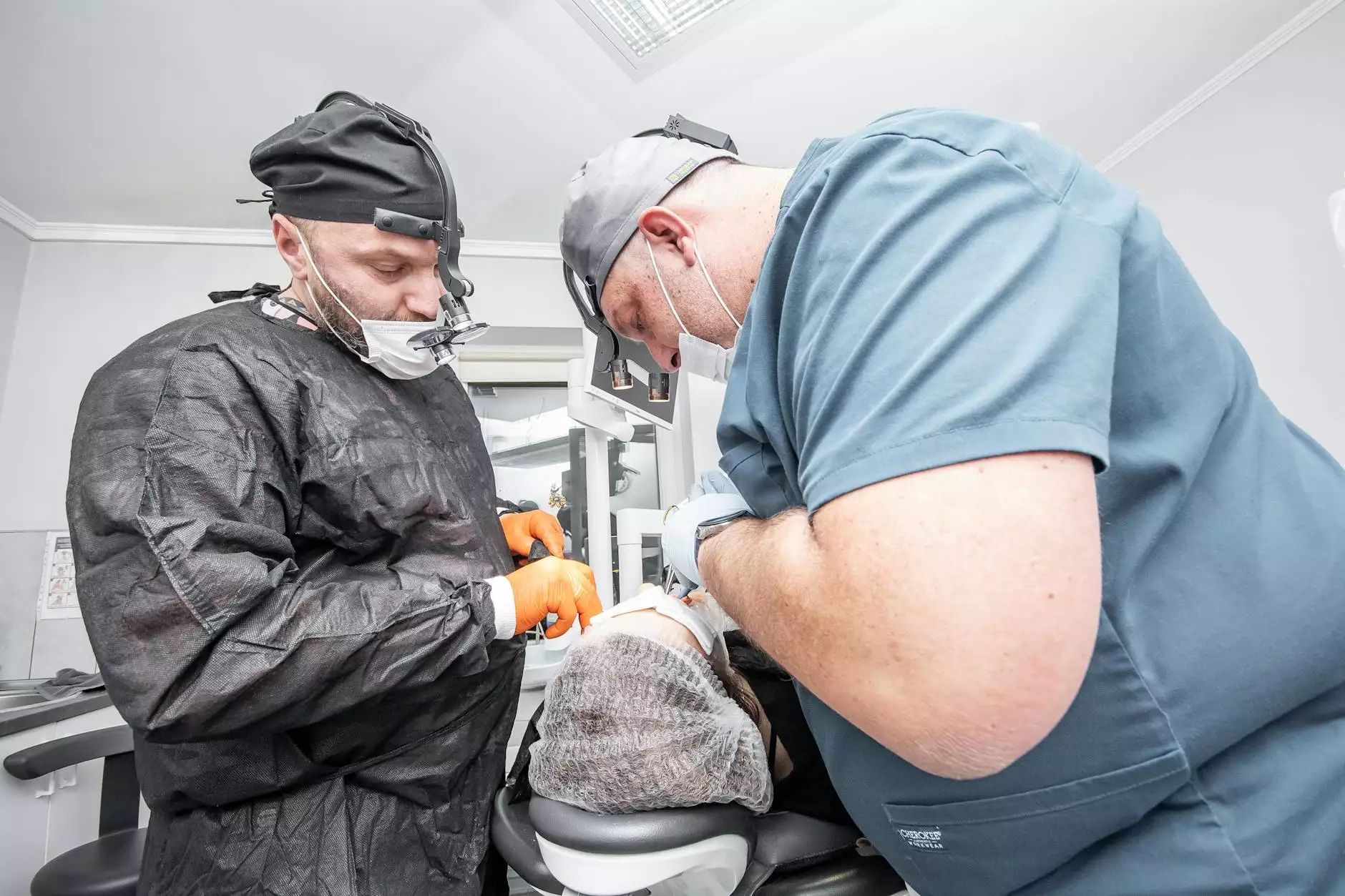The Role and Importance of an Oncology Doctor in Modern Healthcare

In today's rapidly evolving medical landscape, the significance of an oncology doctor cannot be overstated. As the frontline warriors in the battle against cancer, oncologists play a crucial role not only in diagnosing and treating cancer but also in offering holistic support to patients and their families. This article dives deep into the multifaceted responsibilities of an oncology doctor, their specialized areas of expertise, and the transformative impact they have on patient outcomes.
Understanding Oncology: A Comprehensive Overview
Oncology is the branch of medicine that focuses on the prevention, diagnosis, and treatment of cancer. Given the diverse nature of cancer and the various types that exist, oncology is further divided into several specializations. An oncology doctor is a specialist who has dedicated their career to understanding and combating this complex disease.
Different Types of Oncology Specialties
In the field of oncology, there are several specialties, each focusing on different aspects of cancer care:
- Medical Oncologists: These physicians use chemotherapy, hormonal therapy, and other medications to treat cancer.
- Surgical Oncologists: They perform surgeries to remove tumors and surrounding tissues.
- Radiation Oncologists: Specialists who use radiation therapy to treat cancer.
- Pediatric Oncologists: Focus on diagnosing and treating cancer in children.
- Gynecologic Oncologists: They specialize in cancers of the female reproductive system.
The Comprehensive Role of an Oncology Doctor
Diagnosis: The First Step in Cancer Care
The journey of cancer treatment begins with accurate diagnosis. An oncology doctor employs a variety of diagnostic tools and techniques to identify the presence and type of cancer. This process may include:
- Detailed patient medical history and physical exams
- Laboratory tests, including blood work
- Imaging studies such as X-rays, CT scans, MRIs, and PET scans
- Biopsies, where a small sample of tissue is taken for examination
Through these methods, oncologists ascertain not only the diagnosis but also the stage of cancer, which is crucial for determining the treatment plan.
Treatment Plans Tailored to Individual Needs
Once a diagnosis is established, an oncology doctor develops a personalized treatment plan that caters to the unique needs of each patient. Treatment options may include:
- Chemotherapy: The use of drugs to destroy cancer cells or inhibit their growth.
- Surgery: Removing the tumor and surrounding tissue.
- Radiation Therapy: Targeting cancer cells with high-energy particles or waves.
- Immunotherapy: Utilizing the body's immune system to fight cancer.
- Targeted Therapy: Employing drugs that target specific molecules involved in cancer growth.
- Stem Cell Transplants: Replacing damaged bone marrow with healthy stem cells.
Each treatment option comes with its own set of benefits and challenges, and oncologists work closely with their patients to discuss the best course of action, considering factors such as age, overall health, and personal preferences.
Supporting Patients: Beyond Treatment
The role of an oncology doctor extends far beyond mere treatment. Oncologists serve as vital support systems for patients and their families throughout the entire cancer care journey.
Emotional and Psychological Support
Receiving a cancer diagnosis can be overwhelming. An oncology doctor provides emotional support and can refer patients to counseling services, support groups, and resources that help address the psychological impact of cancer. They become advocates for their patients, encouraging open communication and helping to alleviate fears and anxiety associated with treatment and prognosis.
Coordination of Multidisciplinary Care
Cancer treatment often requires a multidisciplinary approach. An oncology doctor serves as a coordinator among various specialists, including surgeons, radiation oncologists, nutritionists, and palliative care experts. This collaborative approach ensures that all aspects of a patient's care are synchronized, leading to improved outcomes and quality of life.
The Impact of Technology and Research in Oncology
In recent years, significant advancements in technology and research have transformed the field of oncology. An oncology doctor is at the forefront of these developments, utilizing cutting-edge technology and participating in clinical trials to offer patients the latest treatment options.
Precision Medicine: A Game Changer in Cancer Treatment
One of the most notable advances is the implementation of precision medicine, which tailors treatment based on the individual’s genetic makeup and the genetic characteristics of their cancer. This innovative approach increases the effectiveness of treatments while minimizing side effects, marking a significant shift in how oncology care is delivered.
Research and Clinical Trials
Oncology doctors are heavily involved in clinical research, which is essential for finding new and more effective cancer treatments. They often encourage eligible patients to participate in clinical trials, providing access to novel therapies that may not yet be widely available.
Conclusion: The Essential Role of an Oncology Doctor
In conclusion, the role of an oncology doctor is multifaceted and crucial in the fight against cancer. From accurate diagnosis and personalized treatment plans to emotional support and coordination of care, oncologists impact their patients' lives profoundly. Their commitment to advancing technology, research, and compassionate care ensures that patients receive the highest standard of treatment and support.
As the landscape of cancer treatment continues to evolve, the role of an oncology doctor will remain vital in navigating the complexities of cancer and improving outcomes for patients worldwide.
References for Further Reading
- American Cancer Society
- American Society of Clinical Oncology
- National Cancer Institute








